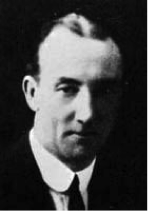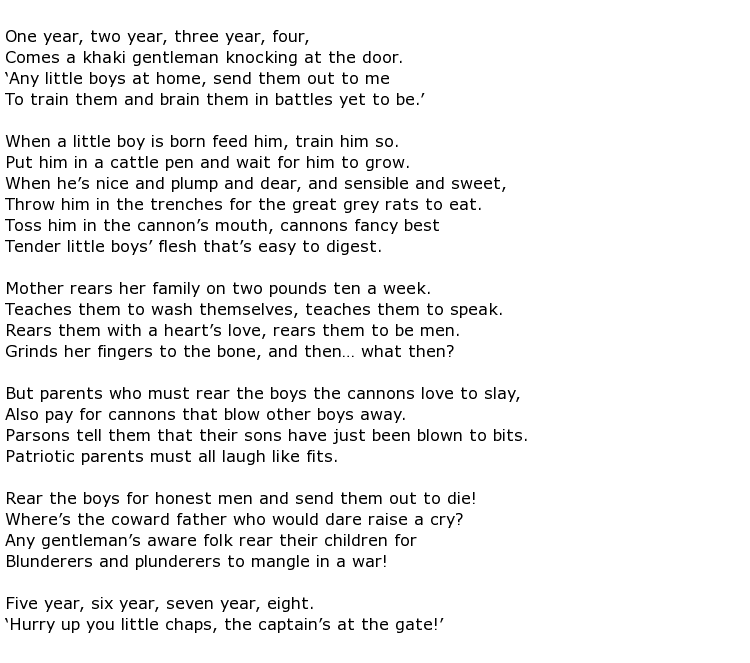 Frank Wilmot was an Australian poet born at the end of the 19th century who came to prominence with his 1917 poem To God: from the Weary Nations, although the word “warring” substituted “weary” in a later revised version. Wilmot was speaking out against the conscription of Australian men to the First World War effort. He often used the pseudonym Furnley Maurice for his published work.
Frank Wilmot was an Australian poet born at the end of the 19th century who came to prominence with his 1917 poem To God: from the Weary Nations, although the word “warring” substituted “weary” in a later revised version. Wilmot was speaking out against the conscription of Australian men to the First World War effort. He often used the pseudonym Furnley Maurice for his published work.
He was born Frank Leslie Thomson Wilmot on the 6th April 1881 in the Melbourne suburb of Collingwood. His father Henry was an ironmonger by trade and one of the pioneers of the state of Victoria socialist movement. The boy went to North Fitzroy State School, leaving there at the age of 14 to work in a book shop. He stayed there for a long time, becoming manager in 1929. By then he was happily married to Ida who bore him two sons.
Wilmot’s writing career began at the turn of the century with some of his verse appearing in a Labour paper called Tocsin, and he went on to produce his own literary magazine, Microbe. He felt encouraged enough to publish a collection of poetry in 1903 but the book, Some Verses did not gain much attention. He tried again the following year with Some More Verses but this never made publication, being suppressed before release. It seemed that his name had become unpopular, particularly in such influential areas as the Sydney Bulletin which rejected his work time after time.
Wilmot’s solution was to adopt the name Furnley Maurice and all of his further work came out under this pseudonym. In 1913 a slim volume called Unconditioned Songs brought him some success but he really came to prominence in 1917 with To God: from the Weary Nations. In contrast to this anti-conscription piece was a book aimed at children called The Bay and Padie Book: Kiddie Songs which also appeared the same year, and went to its third edition in 1926. More successful ventures followed including the ambitious 200-line poem The Gully in 1925.
A curious piece of work which he called Nursery Rhyme appeared to be aimed at children but, as you can see from reading it, the subject matter is quite grisly and reflected his anti-war feelings. Here is the poem:

Wilmot found it hard to make any money from his writing and continued working at Cole’s Book Arcade to stay solvent. He did a little better with his next appointment, that of manager of the Melbourne University Press which was acquired in 1932, and he remained there until he died ten years later. He worked hard to make the venture a success while continuing his own literary output. He won a cash prize of £50 in 1934 for the centenary ode which appeared in his book Melbourne Odes.
Wilmot’s health suffered that same year and it was necessary for him to have an operation after contracting appendicitis. A follow up procedure was necessary a year later, the problem not having been eradicated. He appeared to recover and threw himself back into his work but shortly after being appointed as a lecturer on Australian Literature at the University of Melbourne in 1940 he died suddenly.
Frank Wilmot was 60 years old when he died in Melbourne on the 22nd February 1942.

